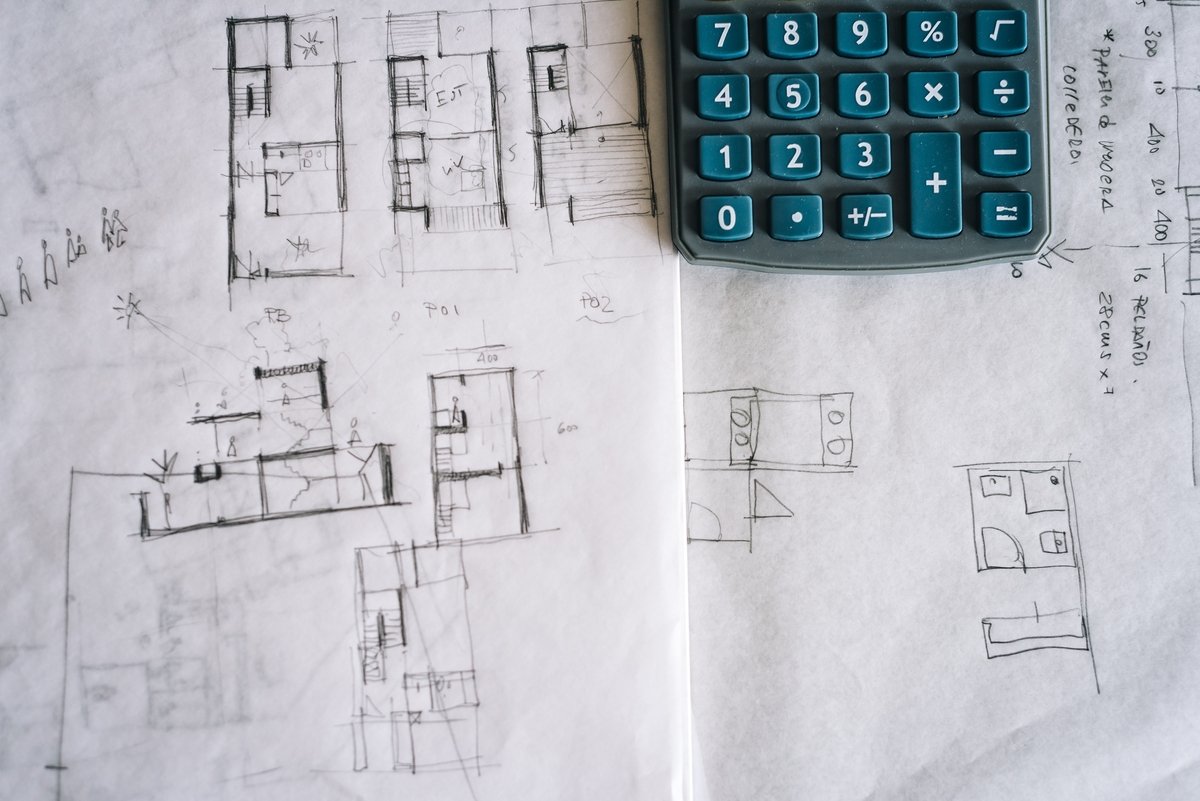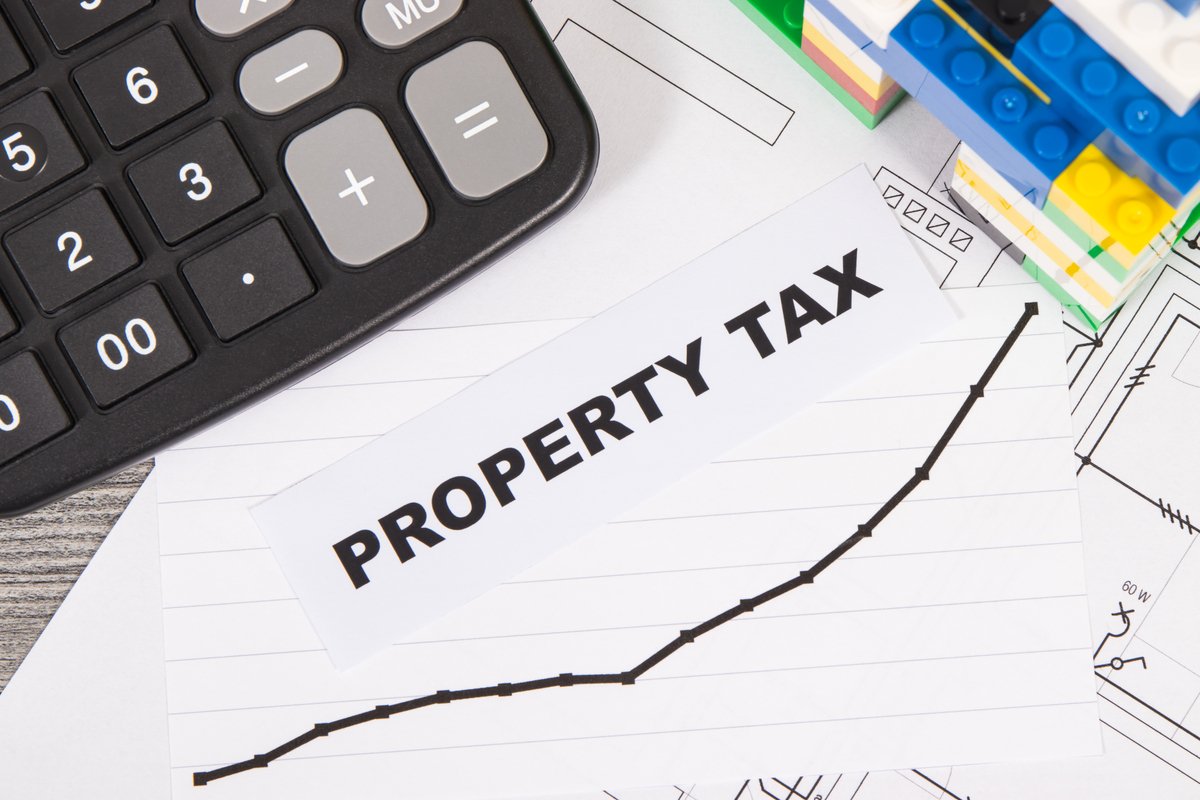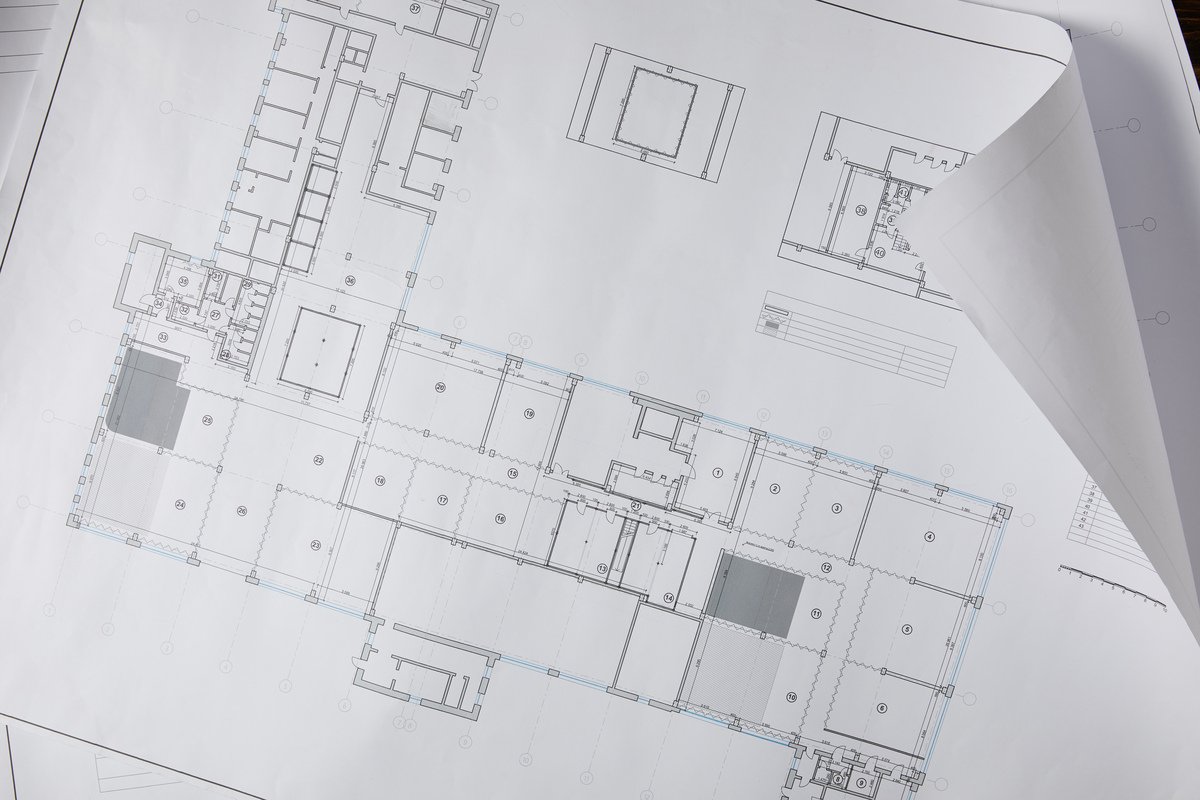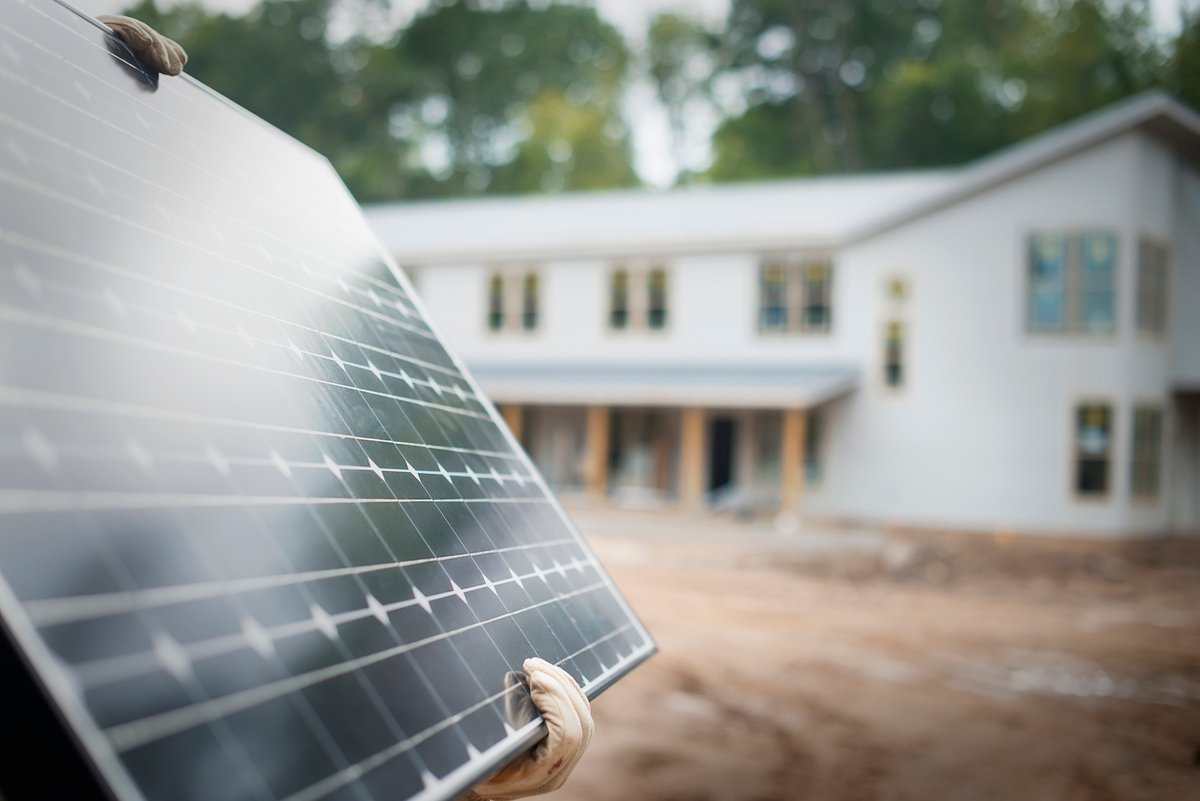FAQs: Essential Terms Every Homebuyer Should Know
Understanding this term “Home buyers Guide” are all used in real estate, construction, and interior design is critical to making informed decisions when purchasing a home. Whether you’re a first-time buyer or upgrading, these Home Buyers Guide of essential terms will guide you through the process.
1.Space and Area Calculations
Q: What is the Building Area?
A: The total area of a building, including all floors. This is important for property tax calculations and zoning regulations.
Q: What is the Carpet Area?
A: The usable space within the walls of a home. It helps you understand the size of the livable area.
Q: What does Built-up Area mean?
A: It includes the carpet area plus the thickness of the walls, offering a more comprehensive view of the total space.

Q: What is the Super Built-up Area?
A: Home buyer’s Guide : This includes the built-up area plus shared spaces like lobbies and elevators, affecting the final property price.
Q: What is the Construction Area?
A: The area covered during construction, including temporary structures. It’s essential for managing costs and timelines on large projects.
2.Land and Construction Regulations
Q: What is a Title Deed?
A: In the Home buyers Guide, A legal document that proves ownership of a property. It is necessary because it establishing ownership and during resale or legal disputes.
Q: What is an Encumbrance Certificate?
A: Home Buyers Guide: Ensure you obtain a certificate that proves the property is free from any legal or monetary liabilities. This document is essential to confirm that there are no outstanding disputes or debts tied to the property.
Click here to know how to download EC Tamilnadu
Q: What is a Sale Agreement?
A: A document outlining the terms agreed upon by the buyer and seller, including payment schedule and possession date.
Q: What is the Plot Area?
A: The total area of land on which a building is or will be constructed. It affects property taxes and future renovations.
Q: What is FAR/FSI?
A: Home Buyer Guide is nothing without the Floor Area Ratio (FAR) or Floor Space Index (FSI) refers to the ratio of total building floor area to the plot area, determining how much construction is allowed on a piece of land.
learn more about FSI Guidelines
Q: What is a Setback?
A: The minimum distance a building must be from the property line, road, or neighboring structure. It’s essential for zoning and privacy.
3. Financial Considerations

Q: What is the Resale Value?
A: The estimated future selling price of a property. It is crucial for long-term investment planning.
Q: What are my Financing Options?
A: Financing options for home purchases include mortgages and home loans. Understanding these helps you make informed financial decisions.
Q: What is Property Tax?
A: A government-imposed tax based on the value of your property. It is a recurring expense that must be included in your annual budget.
Q: What is an HOA Fee?
A: A Homeowners Association fee for maintaining common areas in a community. It ensures the upkeep of shared amenities.
4.Project Milestones and Certifications
Q: What is a Completion Certificate?
A: A legal document certifying that construction meets approved standards. It is essential for legal ownership and resale.
Q: What is an Occupancy Certificate (OC)?
A: A certificate that certifies a building is ready for occupancy. It’s necessary for moving in and securing home loans.
Q: What is a Project Timeline?
A: A schedule for completing a construction or renovation project. Staying on track helps you plan your move-in date
5.Design and Customization
Q: What is an Interior Design Consultation?
A: A session with an expert to discuss aesthetics, layout, and decor to personalize your home.
Q: What does Design Style mean?
A: The aesthetic approach chosen for a room or building, such as modern or traditional, which guides the decor and layout.
Q: What are Material Specifications?
A: Detailed descriptions of materials used in construction, helping buyers assess quality, durability, and overall value.
6.Ownership and Land Share
Q: What is UDS (Undivided Share of Land)?
A: Your proportionate share of the land in a multi-story building. It determines your stake in the property’s land.
Q: What is a Turnkey Project?
A: A property that is ready for immediate use after purchase, ideal for avoiding construction delays.

7.Cost and Budget Management
Q: What are Fixed vs. Variable Costs?
A: Fixed costs remain constant throughout the project, while variable expenses fluctuate based on choices made during construction.
Q: What is a Change Order?
A: A request for changes to the original design or construction plan affecting the project’s scope, budget, and timeline.
8.Structural and Zoning Details
Q: What is the Height of a Building?
A: The vertical distance from the ground to the roof is important for zoning regulations and structural safety.
Q: What is Volume (Cubic Feet/Meters)?
A: The cubic measurement of a space is important for ventilation, air conditioning, and storage planning.
Q: What is Ceiling Height?
A: The vertical distance from the floor to the ceiling affects room design and the sense of space.
9.Visual and Functional Layout

Q: What is a Floor Plan?
A: A scaled layout of rooms and spaces within a property, providing a clear view of functionality and flow.
Q: What is an Elevation?
A: A scale drawing of one side of a building, showing height and design elements. It helps with construction planning.
10.Warranties and Inspections
Q: What is a Warranty?
A: A guarantee on the quality and durability of materials or construction, protecting against future defects.
Q: What is a Property Inspection?
A: A detailed review of a property to evaluate its condition before purchase, ensuring you get a fair deal.
11.Sustainability and Green Building

Q: What is an Energy Efficiency Rating (EER)?
A: A measure of a property’s energy efficiency, helping buyers evaluate long-term energy savings.
Q: What is LEED Certification?
A: A globally recognized certification for energy-efficient and sustainable building practices. It adds value to a property.
Click here to know about LEED Certification India
12.Neighborhood and Location Factors
Q: What is a Walkability Score?
A: A measure of how pedestrian-friendly an area is based on proximity to shops, schools, and parks.
Q: What is a School District?
A: The local public school system is often a key factor for families and affects property value.
Q: What is Public Transportation Access?
A: Proximity to bus stops, train stations, or other transport hubs, which can increase property value.
13.Insurance and Risk Management
Q: What is Home Insurance?
A: A policy that covers potential damage or theft related to your property, protecting against unforeseen events.
Q: What is a Flood Zone or Seismic Risk Assessment?
A: An evaluation of whether the property is located in an area prone to floods or earthquakes, affecting insurance premiums and safety.
14.Home Technology and Automation
Q: What are Smart Home Features?
A: The integration of technology like smart locks, thermostats, and security systems offers convenience and energy savings.
Q: How does home automation save energy?
A: Home automation helps save energy by controlling lights, heating, and cooling automatically. For example, smart thermostats adjust temperatures based on your routine, and smart lights turn off when no one is around, reducing energy use.
Q: Can smart home devices work together?
A: Many smart home devices can work together, especially if they support the same system like Amazon Alexa, Google Home, or Apple HomeKit. For the First time buyer, These can be include in your Home Buyers Guide-It’s best to choose devices that are compatible with your current setup for easier control.

Familiarizing yourself with these Home buyers Guide & terms can simplify the homebuying process, whether you’re a first-time buyer or an investor. Understanding these Home Buyers Guide & concepts will help you navigate the complexities of real estate, construction, and interior design with confidence.

